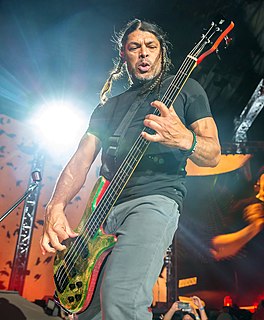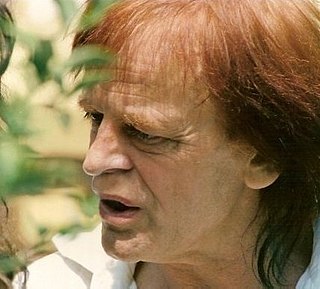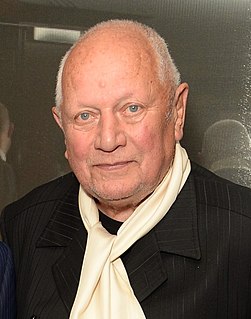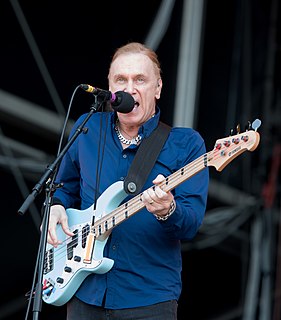A Quote by Rosalia
Flamenco is connected with so many types of music. It has Jewish culture inside, Arabian culture inside, Russian culture inside, Spanish culture inside. It's linked to African music too, because African music has the 'amalgama' rhythms you can find in flamenco. You can find everything in flamenco. That's why it's so beautiful.
Related Quotes
A lot of native culture has been destroyed. So you already feel lost inside your culture. And then you add up feeling lost and insignificant inside the larger culture. So you end up feeling lost squared. And to never be recognized, to never have any power, you know, other minority communities actually have a lot of economic, cultural power.
It seemed [there are] musical nodes on the planet where cultures meet and mix, sometimes as a result of unfortunate circumstances, like slavery or something else, in places like New Orleans and Havana and Brazil. And those are places where the European culture and indigenous culture and African culture all met and lived together, and some new kind of culture and especially music came out of that.
We look for evidence of the divine and we find it in nature, in art, in literature, in music in film, so, rather than fear the surrounding culture, and the surrounding cities which predictably results in a bunker mentality the emerging congregation embraces the culture and expects to find God in it" the emerging congregation embraces the culture recognizing that its not all pretty but it embraces the culture and even then expects to find god in it because there is nowhere god isn't. there are many places where the church isn't but I don't think that means there are places where god isn't.
For the first time since I began acting, I feel that I've found my place in the world, that there's something out of my own culture which i can express and perhaps help others preserve..i have found out now that the African natives had a definite culture a long way beyond the culture of the Stone age...an integrated thing, which is still unspoiled by western influences...I think the Americans will be amazed to find how many of the modern dance steps are relics of African heritage.
































